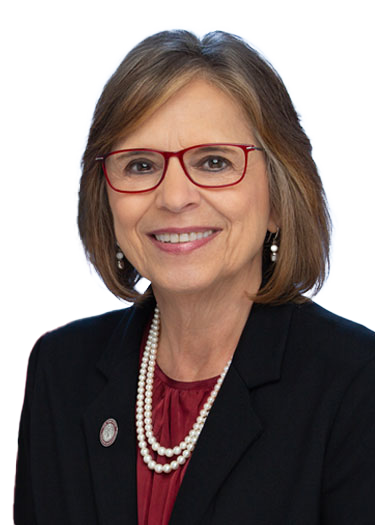Legislation to Fill Gaps in Federal Prescription Drug Plan Passes Assembly
Broome County has received numerous calls
Assemblywoman Donna Lupardo (D-Endwell) announced today that the Assembly passed emergency legislation she co-sponsored (A.9462) to provide prescription drugs for individuals left without coverage following the federal government’s chaotic implementation of the new Medicare Prescription Drug Program (Medicare Part D).
"We've had numerous calls since January 1st from seniors having difficulty purchasing their prescriptions. This emergency measure by the Assembly to help our disabled and seniors receive their prescriptions is so desperately needed right now" stated Kathleen Bunnell, Director, Broome County Office for the Aging.
Some 600,000 elderly and disabled New Yorkers of modest means who are eligible for both Medicaid and Medicare Part D automatically stopped receiving Medicaid prescription drug coverage on Jan. 1. As a result, many now find themselves being wrongfully denied access to life-saving prescription drugs. Under the Assembly’s plan, the state will immediately pay claims for anyone eligible for the Medicare Part D program that is currently being denied prescription drugs. The state will then seek reimbursement from Washington.
“New York seniors and disabled residents need their prescriptions,” Assemblywoman Lupardo said. “However, this Administration’s federal drug benefit puts people’s lives in jeopardy by keeping medicines away from those who need them most. The Assembly’s bill bridges a gap to get help to our vulnerable residents, and the Senate and governor should immediately follow suit to make this measure a law.”
According to New York’s Medicare Rights Center, hotline calls are up 400 percent over last year and the state Department of Health has found that at least 10,000 state residents eligible for the new drug benefit were never assigned a plan.
“Since the federal government has intensified this crisis by making Medicare and Medicaid rules virtually indecipherable, we must now take action at the state level to make sure that those who need medicine receive it in a timely manner,” Lupardo said.
Further problems stem from computer and clerical errors. A common problem is faced by the poorest of the poor who have found themselves recorded in computers as financially well-off. As a result, they are being asked to cover a $250 deductible and 25 percent of the next $2,000 in drug costs instead of $3 or less per prescription.
“Obtaining vital medications for potentially life-threatening illnesses like diabetes or heart disease should not be fraught with bureaucratic obstacles,” Assemblywoman Lupardo said. “The Assembly’s legislation removes the complications so that seniors and the disabled will be able to stay on schedule with their medications.”
